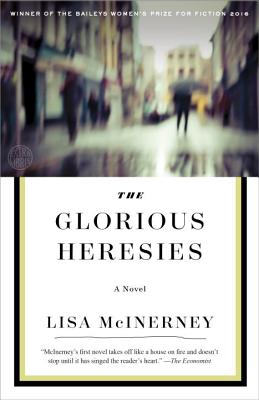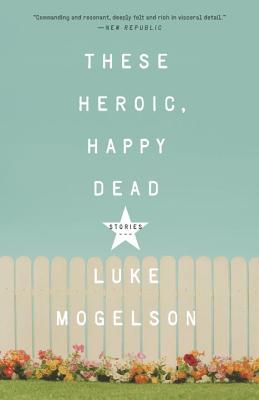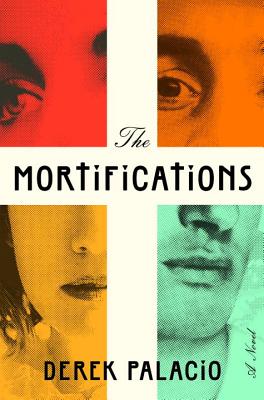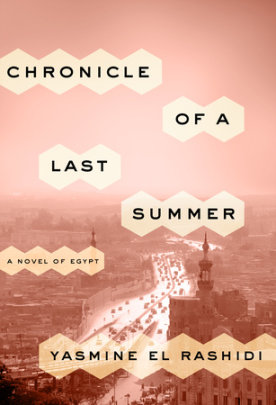 Lisa McInerney’s first novel The Glorious Heresies is by far one of the best novels of the year. An epic story that spans the life of a few tormented individuals, The Glorious Heresies is a cinematic experience of firsthand addictive relationships to love, drugs, and crime.
Lisa McInerney’s first novel The Glorious Heresies is by far one of the best novels of the year. An epic story that spans the life of a few tormented individuals, The Glorious Heresies is a cinematic experience of firsthand addictive relationships to love, drugs, and crime.
At first, McInerney’s novel seems to be a collection of oddly, unrelated storylines. You have Maureen, an older woman who has apparently committed murder. Then you have Ryan, a fifteen-year-old boy that at first just seems to have an infatuation with a girl, but that we quickly learn also has an active history of drug dealing. There’s Tony who cleans up the murder Maureen committed, and Jimmy, the thug of all thugs. Finally, there’s Georgie, a runaway teen turned prostitute who is in an addictive relationship with her pimp.
Following these characters for the first thirty pages it seems like there’s no connection between their narratives, until the weavings of McInerney’s words begin to hold together in a way the reader at first hardly realizes. Suddenly, murderers become mothers, and cleaners become fathers, drug dealers become sons, and the murdered go from the unknown to an intimate, sometime-acquaintance in the memory of a single character’s mind.
McInerney’s prose is more than poetic, it brings an otherworldly sense of beauty, charisma, and depth to a text already imbued with powerful content. A book that starts off a bit slow, somehow picks up enough speed to careen the reader through years of the characters’ lives, until the end of the novel, when you’re relieved to learn, the sequel The Blood Miracles was released in April of 2017.
First published in 2016, The Glorious Heresies was acquired by Tim Duggan Books in 2017 and published with an added Reader’s Guide to accompany the novel. You can purchase a copy of The Glorious Heresies at your local bookstore.
Read more fiction book reviews at Centered on Books.
FTC Disclaimer: This book was given to me in return for a fair and honest review of the text.
 These Heroic, Happy Dead by Luke Mogelson is a collection of stories that unearth the unending terror of war.
These Heroic, Happy Dead by Luke Mogelson is a collection of stories that unearth the unending terror of war. A family saga that spans the depths of love, loss, birth and death Derek Palacio’s The Mortifications is a beautifully heartbreaking novel.
A family saga that spans the depths of love, loss, birth and death Derek Palacio’s The Mortifications is a beautifully heartbreaking novel. Yasmine El Rashidi’s first novel, Chronicle of a Last Summer, tells a story of power, loss, and survival in Egypt during times of deep political unrest. The main character, an unnamed narrator, speaks to the reader from three different summers of her life: 1984, 1998, and 2014.
Yasmine El Rashidi’s first novel, Chronicle of a Last Summer, tells a story of power, loss, and survival in Egypt during times of deep political unrest. The main character, an unnamed narrator, speaks to the reader from three different summers of her life: 1984, 1998, and 2014.